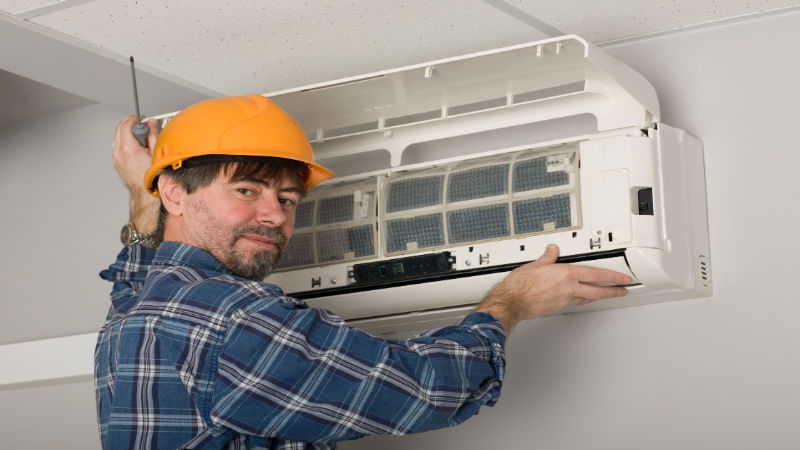In shops, commercial buildings, and offices, HVAC systems are often automated. They have a system of controls that ensure a variety of conditions prevail. With such systems working to regulate airflow as well as temperature, it is understandable that those involved in ensuring the systems operate efficiently and effectively are well-informed. This is why maintenance personnel and operators need to undergo HVAC controls training.
What Does the Training Involve?
The goals of HVAC control systems is to automate the diverse functions in order to ensure the achievement of several goals including
• Occupant’s comfort
• Regulation of airflow, humidity and the levels of carbon dioxide
• Energy efficiency
The systems accomplish these tasks by relying on the responsiveness of the system controls to such indoor/outdoor factors as air temperature.
HVAC controls training provides technicians/maintenance with an understanding of the functions of the automation system. It gives him/her the information on how to recognize the diverse systems and the difference in complexity between a single direct digital control (DDC) system and the tiered systems of controllers found in larger complexes and structures.
An HVAC technician in today’s world must:
• Understand the types and specifications of various HVAC equipment and controls
• Have a thorough knowledge of the many components of DDC systems
• Be able to utilize the latest tools to install, maintain and repair all DDC- related matters
• Know the software and related material associated with DDC
These are all components of today’s technological world of HVAC controls. Training is not optional. It is essential.
HVAC Controls Training
HVAC systems in large industrial, commercial, and residential structures are often complex. They feature automated controls capable of ensuring stable temperatures within the building. DDC systems are responsible for accomplishing this and other tasks. In order to ensure ongoing reliability, those technicians who install and/or maintain such systems must have proper HVAC controls training.



